Review: Once Upon a Time in Hollywood
You’re going to hear a lot of the overused term “love letter” thrown around in terms of Quentin Tarantino’s nearly three-hours long drama/comedy Once Upon a Time in Hollywood, and that shouldn’t and won’t surprise you. After all, even when Quentin Tarantino was making movies set in Germany (Inglorious Basterds), the Deep South (Django Unchained) and Old-West Wyoming (The Hateful Eight), he was really only repeatedly paying homage to past decades of American filmmaking. So turning the director loose in the playground of late sixties Los Angeles delivers what you might expect — a comprehensive, almost virtual-reality experience of what life, culture and “the scene” looked like on Sunset Strip at the corner of action-movie machismo and the free love movement.
One thing Tarantino has always excelled in, perhaps above all, is creating the parameters of a world and setting a voyeuristic spot for the viewer within it. In Pulp Fiction and Reservoir Dogs, for instance, he created a seedy world of low-budget crime and allowed us to see the mundane and everyman conversations even the most violent thugs chat up to pass the time. His Kill Bill films delivered a half-real life/half-anime world where it seemed completely plausible that an all-female team named after venomous snakes could move freely within its margins. Once Upon a Time in Hollywood (a film destined to be abbreviated for the rest of time as OUATIH, because that’s just way too much to have to type out over and over again) is a complete visual feast, with no stone unturned; every kitchen cabinet item, every park bench movie ad, every store front seems to have been pored over and hand-picked by the director himself. It’s not just a world of which, after three hours, you feel a part — it’s a world in which you wish you could live.
OUATIH’s (see?) tandem protagonists this time around are has-been television actor Rick Dalton (Leonardo DiCaprio) and his ex-stunt double Cliff Booth (Brad Pitt). Cliff’s main job is to chauffeur Rick around Hollywood, as his wellspring of work has dried up with Rick’s, and the two seem to spend an awful lot of time just bro-ing out. As Rick courts new work and desperately tries to cling to the last tendrils of television stardom, Cliff lives a simpler life as Rick’s valet, retreating to the outskirts of Van Nuys by night where he lives with his dog in a run-down Airstream camper. The duo’s day-to-day exists as the film’s main thread, with Pitt oozing McQueen-style bravado (though Steve McQueen himself is a character in the film) and a drunken DiCaprio killing it with comic pathos as Rick overzealously tries to make the rounds and stage his comeback.
Tangentially related to the duo’s exploits is the parallel storyline of Sharon Tate, played with bubbly sweetness by Margot Robbie. Tate and her husband, director Roman Polanski, have just moved in next door to Rick, which thrills the aging actor in hopes he’ll end up in one of the lauded Polanski’s next films.
Casting a queasy cloud over all of this is the inclusion of the fringey, cultish Manson family, which lives on an abandoned movie set outside of town. It’s difficult, knowing history, not to let this add a certain uneasiness to the proceedings — especially considering you know Tarantino features them in order to address the events leading up to Tate and Company’s brutal murders on the night of August 9, 1969.
And this is all I’m going to tell you about this film narratively, because you don’t need to know anything else. Trust me. Just forget it and let’s move on.
You will be happy to learn, however, that all of Tarantino’s most oft-visited fetishes are on display here. Mid-sixties television references abound, as do brutal violence and gratuitous, lengthy scenes of people driving in classic cars (at least twenty minutes of the film’s runtime is dedicated to POV of people driving). Soundtrack-wise it’s probably the director’s most populated yet, and here’s hoping an extended cut of it will include the classic radio banter between songs during all this aforementioned driving. Noticeably absent is a memorable long-form monologue scene, a la Walken’s pocket watch scene in Pulp or the guns-under-the-table tavern scene from Basterds, but the indulgences Tarantino in the past has funneled into hearing his own words have somehow, almost sweetly, been replaced in OUATIH by visual indulgences of old-school Taco Bells and clips from classic television. Rest assured, though, that there are still plenty of shots of bare feet. Dirty feet hanging over the backs of chairs, feet mashed up against car window glass — it’s all here in true QT fashion.
At the end of the day, I wouldn’t be surprised to hear some argue that this is Tarantino’s best film — I think there’s certainly a case that a particularly rabid lover of it could make (personally, I don’t think anything can top the brilliance of Pulp Fiction). But while I don’t think it’s his best, it’s probably very close to the top of the director’s list. I do think it feels like his most loved film, in that it has a certain quality of feeling like a favorite child, a true pleasure for Tarantino to make. If you’re counting at home, this victory means Tarantino is nine for nine, which is no mean feat, and this gentler, funnier Tarantino may signify a more chilled-out and less violently frenetic latter half of his career. It may not be completely perfect but it’s pretty close and a lot of fun; at the very least, Once Upon a Time in Hollywood is one hell of a Hollywood Hills hang.


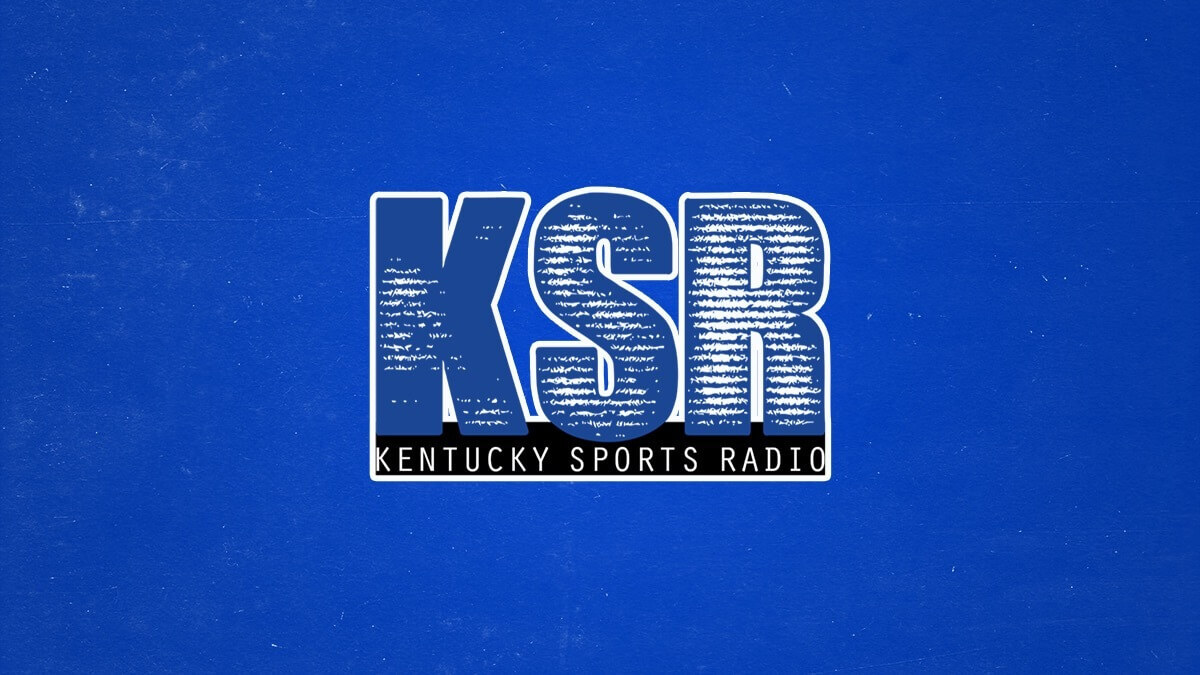

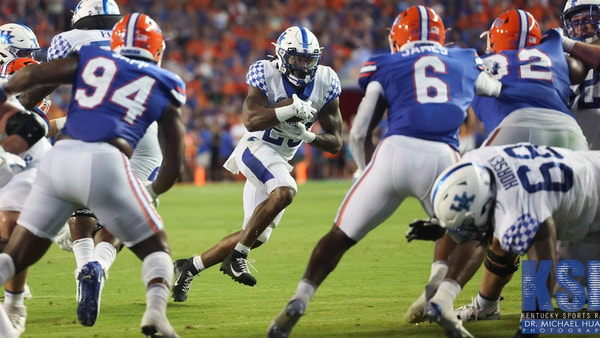

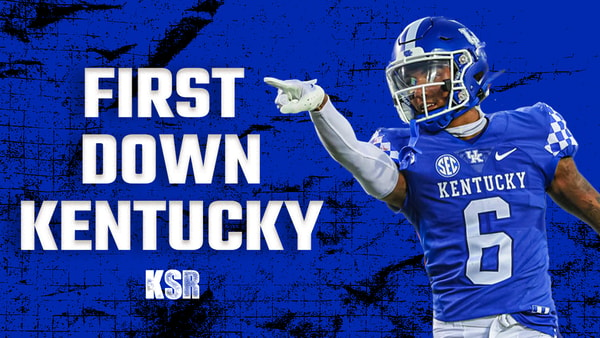
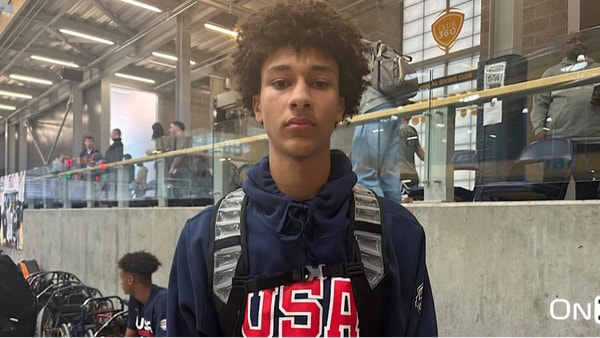
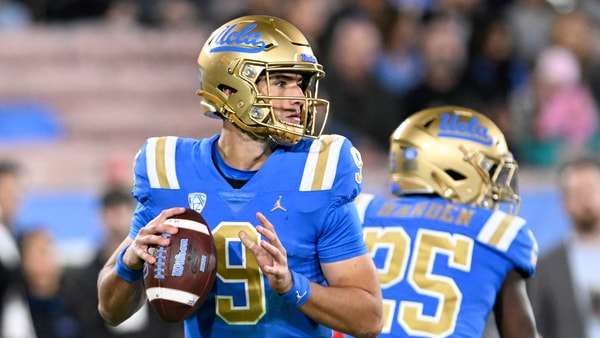
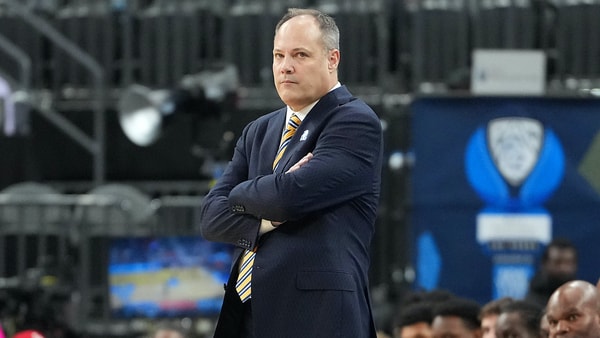
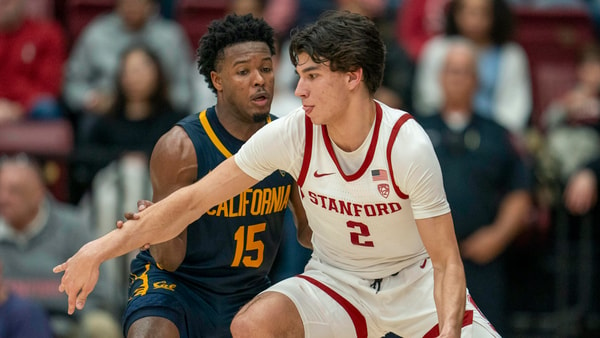
Discuss This Article
Comments have moved.
Join the conversation and talk about this article and all things Kentucky Sports in the new KSR Message Board.
KSBoard